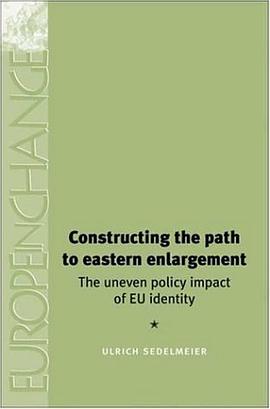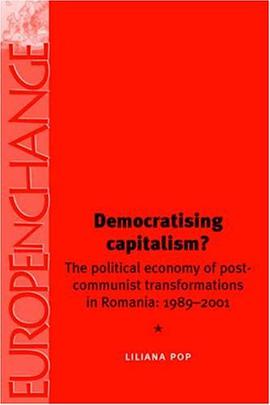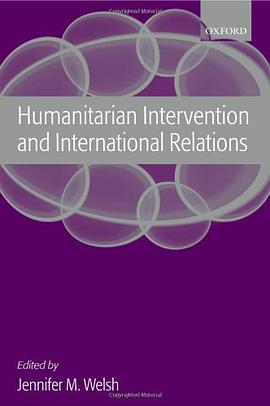

This book examines the two main dimensions of the European Union's enlargement to eight central and eastern European countries (CEECs) in 2004. Why did the EU agree to enlargement, despite the costs for some incumbents who have veto-power? How can we explain the (uneven) pattern of accommodation of the CEECs' preferences in concrete policies? Combining in-depth empirical analysis with an original theoretical framework, which draws on insights from constructivism and historical institutionalism, this book focuses on the EU's discursively constructed role-identity vis-a-vis the CEECs. This role-identity forged a group of policy advocates inside the European Commission, who promoted the CEECs' preferences inside the EU, and induced a path-dependence into the enlargement process. The impact of EU identity on concrete policies was less direct. Case studies on trade liberalisation, regulatory alignment, and foreign policy consultations demonstrate that sectoral policy paradigms are a key factor that mediates the influence of the policy advocates on specific policy areas.
具体描述
读后感
评分
评分
评分
评分
用户评价
相关图书
本站所有内容均为互联网搜索引擎提供的公开搜索信息,本站不存储任何数据与内容,任何内容与数据均与本站无关,如有需要请联系相关搜索引擎包括但不限于百度,google,bing,sogou 等
© 2025 book.wenda123.org All Rights Reserved. 图书目录大全 版权所有




















